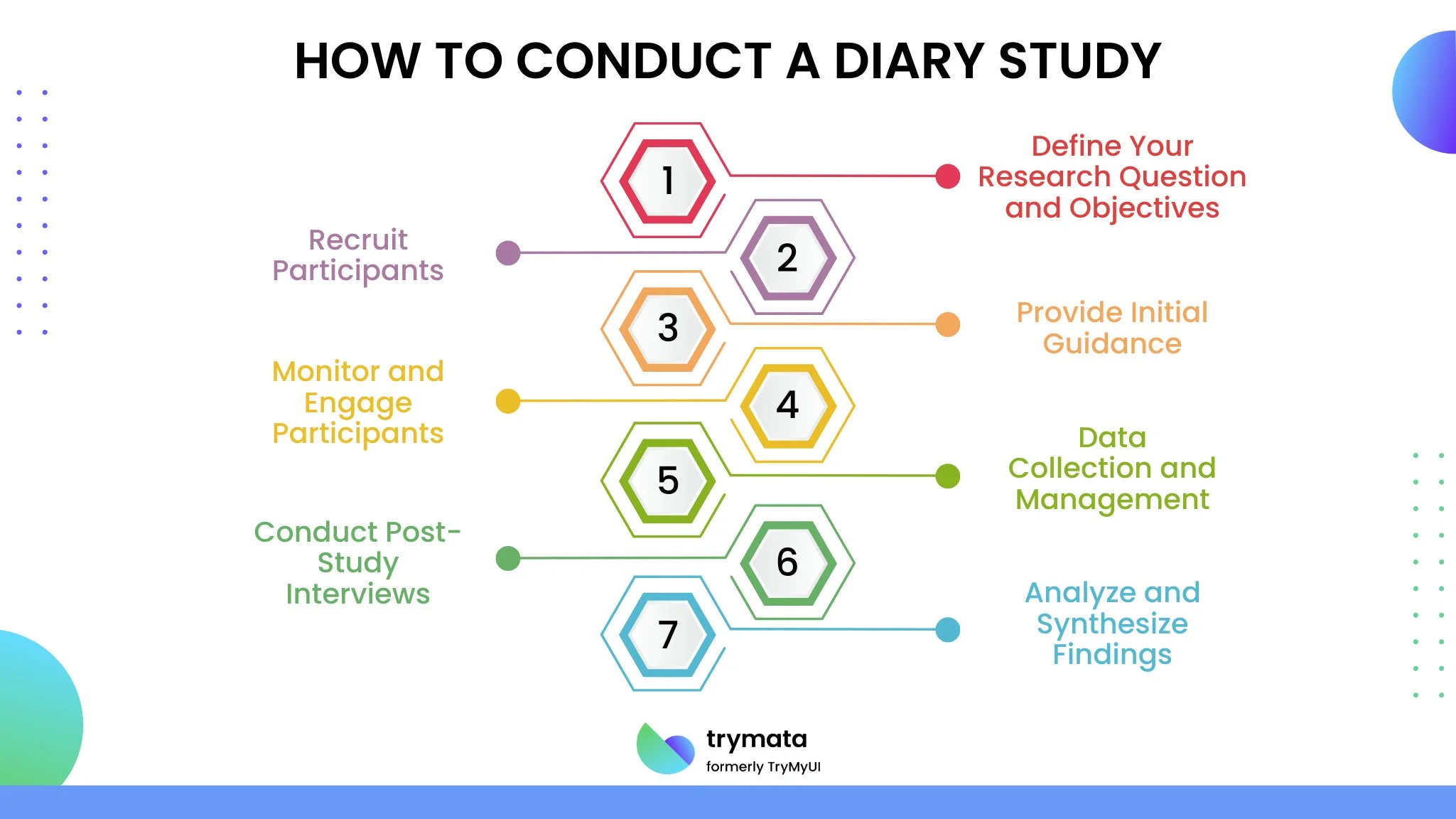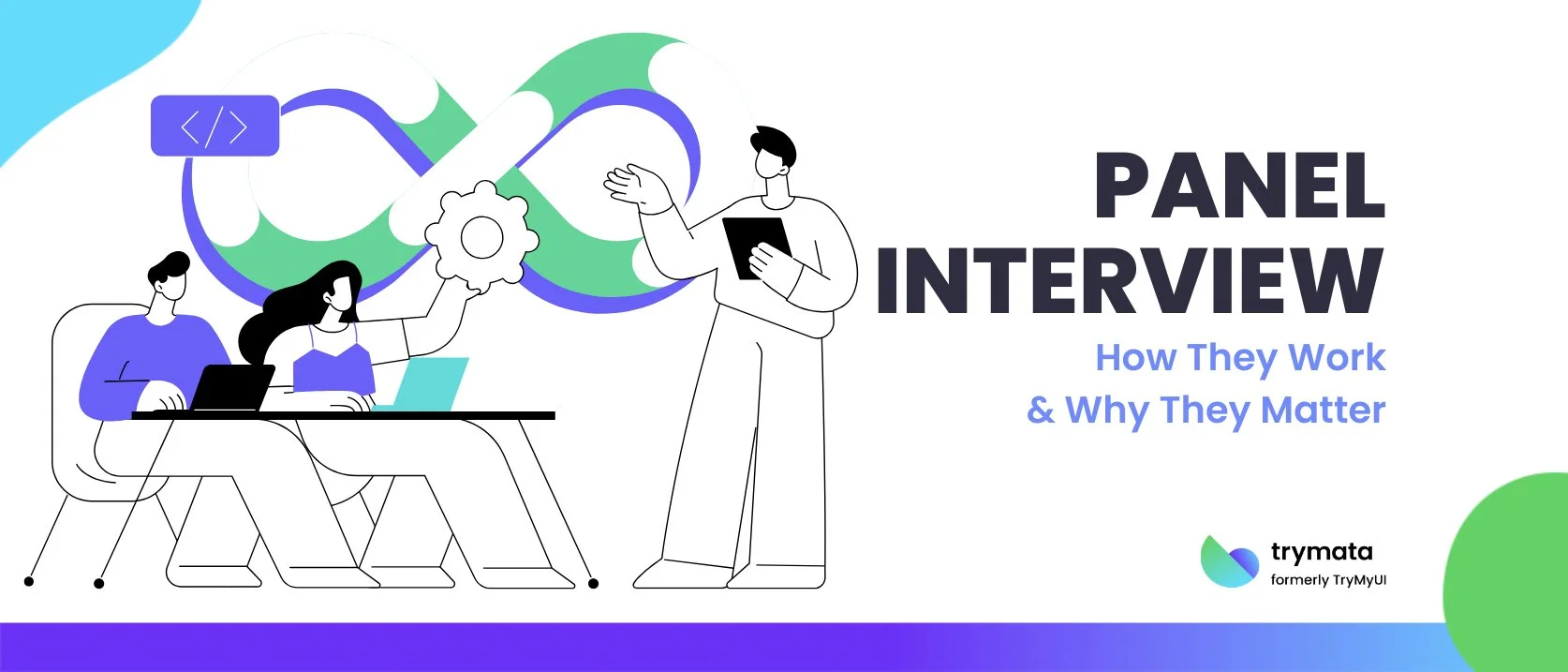Hiring the right candidate is crucial for any organization, and the panel interview is one of the most effective ways to ensure a fair and thorough evaluation. Unlike traditional one-on-one interviews, this format involves multiple interviewers assessing a candidate simultaneously.
It provides a well-rounded perspective, streamlining the hiring process while minimizing unconscious bias. Whether conducted in-person or as a virtual interview, a panel interview allows a company to gauge a candidate’s soft skills, decision-making abilities, and overall fit for the role.
This blog will cover the ins and outs of panel interviews, including their advantages, best practices, and tips for interviewers and candidates.
What is a Panel Interview?
A panel interview is a structured job interview format in which a candidate is assessed by a group of interviewers rather than just one individual. Multiple interviewers from different departments or roles evaluate the candidate’s skills, qualifications, and fit for the job.
Typically, a hiring manager, an HR representative, and a team member from the relevant department are involved.
Unlike one-on-one interviews, where only one interviewer conducts the session, panel interviews offer multiple perspectives on a candidate’s performance. This format helps the hiring team make a well-rounded decision based on a candidate’s skills, experience, and responses.
Why Do Companies Use Panel Interviews?
Organizations conduct panel interviews for several reasons, mainly to improve the hiring process and ensure consistency in evaluating candidates. Here are some benefits:
- Diverse Perspectives: Multiple people bring unique viewpoints, which can help us better understand a candidate’s strengths and weaknesses.
- Efficiency: A group interview allows the hiring team to evaluate a candidate in a single setting instead of holding multiple individual interviews.
- Consistency: Since all panel members hear the same responses, there is less chance of discrepancies in assessment.
- Reduced Bias: A panel interview helps minimize unconscious bias as decisions are made collectively rather than by a single individual.
- Stress Test: Some panel interviews are intentionally designed to test how well a candidate handles added stress by facing multiple interviewers.
How to Conduct a Panel Interview
Conducting panel interviews requires careful planning to ensure a smooth and effective process. Follow these steps:

1. Plan the Interview Format
Before conducting a panel interview, the hiring team should define the interview format and structure. Decide on:
- Who will be the lead interviewer
- The key interview questions
- Which areas each panel member will assess
- How the candidate’s performance will be evaluated
2. Select the Right Panel Members
A well-balanced interview panel should include representatives from different roles related to the position. Generally speaking, an ideal panel consists of:
- The hiring manager
- An HR representative
- A team member from the department
- A company representative from another relevant team
3. Structure the Interview
Ensure that all panel members understand the interview process flow. Each interviewer should ask probing questions based on their expertise and observe the candidate’s skills and behavior.
4. Ask the Right Questions
The panel interview questions should be designed to evaluate:
- Technical skills: “Can you describe your experience with [specific skill]?”
- Soft skills: “How do you handle conflict in a group setting?”
- Cultural fit: “What kind of work environment helps you thrive?”
5. Observe Candidate Behavior
Eye contact, confidence, and interaction with all the panel members are essential. A good candidate should engage with all the interviewers, not just one person.
6. Allow the Candidate to Ask Questions
Encouraging candidate questions gives insights into their thought process and interest in the role. This also enhances the candidate experience by making them feel heard and valued.
7. Evaluate and Make a Decision
After the final interview, the hiring team should discuss the candidate’s strengths and weaknesses. All panel members’ feedback helps make an informed decision about the best candidate.
Best Practices for a Panel Interview
Follow these best practices to ensure an effective panel interview:
- Ensure Panel Members Are on the Same Page: Before the interview, discuss the format, job description, and ideal candidate profile.
- Avoid Unconscious Bias: Use a structured evaluation rubric to reduce bias in decision-making.
- Ask the Same Questions: This ensures consistency and fairness when comparing multiple candidates.
- Maintain a Conversational Tone: Panel interviews should feel engaging rather than an interrogation.
- Consider Legal Liability: Avoid discriminatory or inappropriate questions that could create legal risks.
- Provide a Comfortable Experience: While panel interviews can be a stress test, avoid making them overly intimidating.
Advantages and Disadvantages of Panel Interview
Panel interviews offer a unique approach to candidate evaluation. They allow companies to gather insights from multiple perspectives in a single setting. While this method has notable benefits, it also presents challenges employers must navigate carefully.
Advantages
- Efficiency: Reduces the need for multiple individual interviews.
- Diverse Perspectives: A group of interviewers from different departments leads to better insights.
- Consistency: Candidates answer the same questions, making evaluations fairer.
- Stress Management: Helps assess how candidates handle high-pressure situations.
Disadvantages
- Added Stress for Candidates: Some may feel overwhelmed by two or more interviewers.
- Poor Candidate Experience: If not well-structured, it may seem intimidating.
- Scheduling Challenges: Aligning multiple panel members’ availability can be difficult.
- Unconscious Bias: If not managed properly, differing opinions can lead to biased hiring decisions.
Virtual Panel Interviews: A Growing Trend
With remote work on the rise, virtual interviews are becoming increasingly common. The same principles apply, but with additional considerations:
- Technical setup: Ensure a stable internet connection and a distraction-free environment.
- Clear communication: Speak clearly and allow candidates extra time to respond due to possible delays.
- Engagement strategies: Encourage panel members to make eye contact with the camera and acknowledge responses to keep the conversation interactive
Conclusion
A panel interview is a highly effective tool in the hiring process. It offers multiple perspectives on candidates’ abilities and provides a structured way to assess their qualifications while ensuring a fair and consistent interview process. While it can present some challenges, when done well, it helps organizations select the best candidate for the job.
By implementing best practices and focusing on the candidate’s experience, hiring managers can make better sense of their potential and ensure consistency in their final decisions. A panel interview can shed light on a candidate’s true abilities and make the entire process more efficient, whether in person or as a virtual interview.




